If support for populism and anti-establishment parties continues to grow, European democracies will remain on a trajectory toward an era of paralysis, argue Andrea Kendall-Taylor and Alina Polyakova. This piece originally appeared in The Washington Post on May 24, before the elections for European Parliament took place.
Europe’s populists seem set to pull off a major win in the European parliamentary elections this week. But populism’s real challenge to European democracy goes far deeper than its ability to force ideas long regarded as extremist or unsavory into the political agenda. Populist parties, even when not in the majority, are splintering the political party system, making governing more difficult. If support for populism and anti-establishment parties continues to grow, European democracies will remain on a trajectory toward an era of paralysis, unable to deliver results to an increasingly frustrated public.
Europeans, like many Americans, have grown disenchanted with politics as usual. In Europe, the financial crisis of 2008 and especially the refugee crisis of 2015 dealt a major blow to centrist parties that advocated for open markets and open borders. Greeks resented the economic austerity measures imposed on them by the European Union. Germans never got to vote on Chancellor Angela Merkel’s decision to allow more than 1 million refugees into their country. As a result, a growing swath of Europeans no longer view mainstream political parties as representing their interests. Far-right populist parties have been the biggest beneficiaries of this growing resentment. Today far-right parties have a presence in 23 out of 28 European parliaments.
As these parties gain a foothold in national parliaments, coalition-building—the bedrock of effective governance in parliamentary systems—is becoming increasingly difficult. More and more European citizens find themselves ruled by “weak coalition” governments, the results of political parties scrambling to form legislative majorities to keep the populists out.
Such coalitions typically take months of horse-trading to form. In Sweden, the surge in support for the far-right Sweden Democrats in last fall’s elections meant that the center-left and center-right parties fell short of a majority. It took the government 130 days to form a minority government to shut the far right out. After Germany’s 2017 federal elections, there was an unusually prolonged period of nail-biting negotiations until the Christian Democrats (CDU) and the Social Democrats (SPD) formed a grand coalition that excluded the far-right Alternative for Germany (AfD). Regardless of the strategy pursued by centrists, the outcome is the same: a government that is too weak and mired in disagreements to deliver results.
But the problem is much bigger than the immediate spike in support for the far right. The rise of new parties across the political spectrum is splintering party systems throughout Europe. In Spain, for example, the creation of new parties on the far right (Vox) and far left (Podemos) in 2014 transformed the country’s political system from a two-party system to one with five. Similarly, in Germany, the emergence of the far-right AfD in 2013 and the far-left Die Linke in 2007 contributed to the diffusion of power across seven national parties in the Bundestag. The Netherlands now has 13 parties in its parliament.
Because politics at the European level reflect national-level politics, populist-fueled fragmentation is coming to the European parliament as well. The center-right (EPP) and the center-left (S&D) parliamentary groups are likely to lose their narrow combined majority. In Italy, Matteo Salvini’s party, the League, received only 6 percent in the previous elections five years ago, but will probably sweep to first place this year to lead the far-right opposition together with France’s Marine Le Pen. While Le Pen’s rebranded National Rally party is running neck and neck with President Emmanuel Macron’s En Marche, she and Salvini have announced a plan to join forces in a Europe of Nations and Freedom (ENF) group. With En Marche expected to forgo joining the centrist bloc in favor of the liberal coalition (ALDE), the center-left faction will split. And as Britain brings an anti-European Union Brexit party to the parliament, one thing is certain: This European parliament will be the most divided in the union’s history.
The populist-fueled fracturing of politics is bad news for democracy. Not only does such fragmentation make it difficult to form a government, but it also impedes the ability to unite around a common vision or reach consensus. Recent elections suggest that Europe is just at the beginning of a growing trend toward fragmentation. As the number of conflicting interests grows, it will become more difficult for European governments to effectively address complex challenges such as sluggish economic growth, immigration and ineffective armies. In other words, populist-fueled fragmentation will produce political stasis that will make it difficult for democracy to deliver.
Democracies are, by design, competitive and thus often messy. But the kind of political fragmentation taking place in Europe today is pushing the boundaries of useful debate and deliberation. As voters become increasingly frustrated with a lack of results, they will look to “more effective” strongman models of the type embodied by Russia and China. As the competition between democracy and authoritarianism intensifies, democracies must be able to deliver. Unfortunately, populist-fueled fragmentation will make that harder. At the end of the day, people may be willing to forgo some of their freedoms in exchange for governments they view as capable of delivering results.
The Brookings Institution is committed to quality, independence, and impact.
We are supported by a diverse array of funders. In line with our values and policies, each Brookings publication represents the sole views of its author(s).
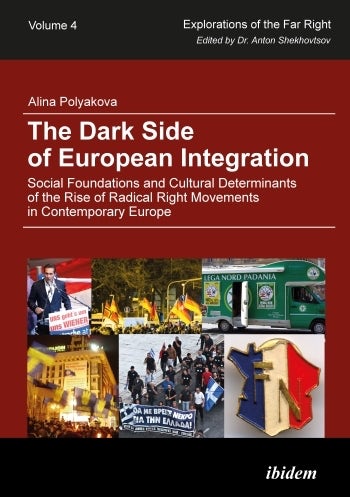
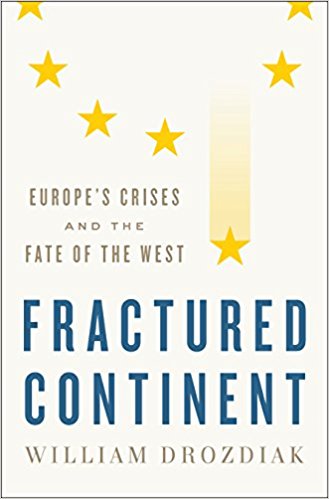
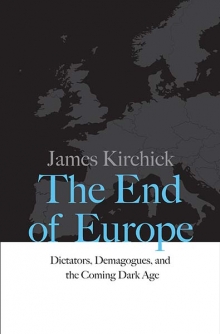
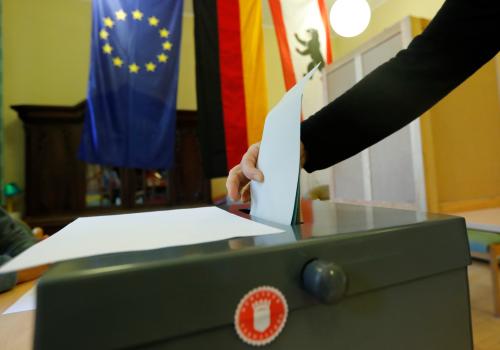
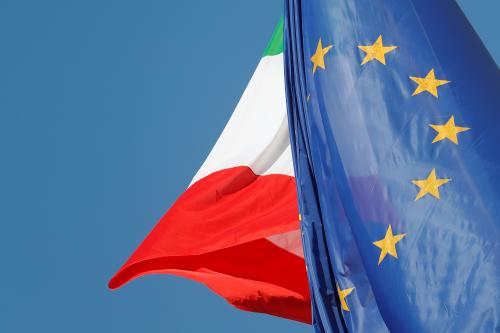




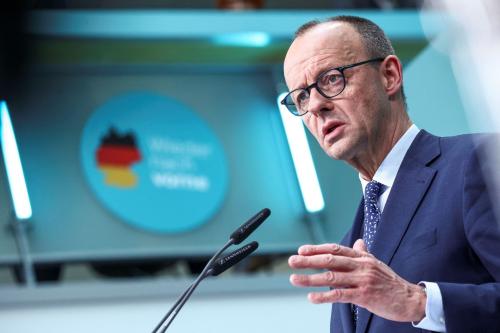

Commentary
Populism and the coming era of political paralysis in Europe
May 24, 2019